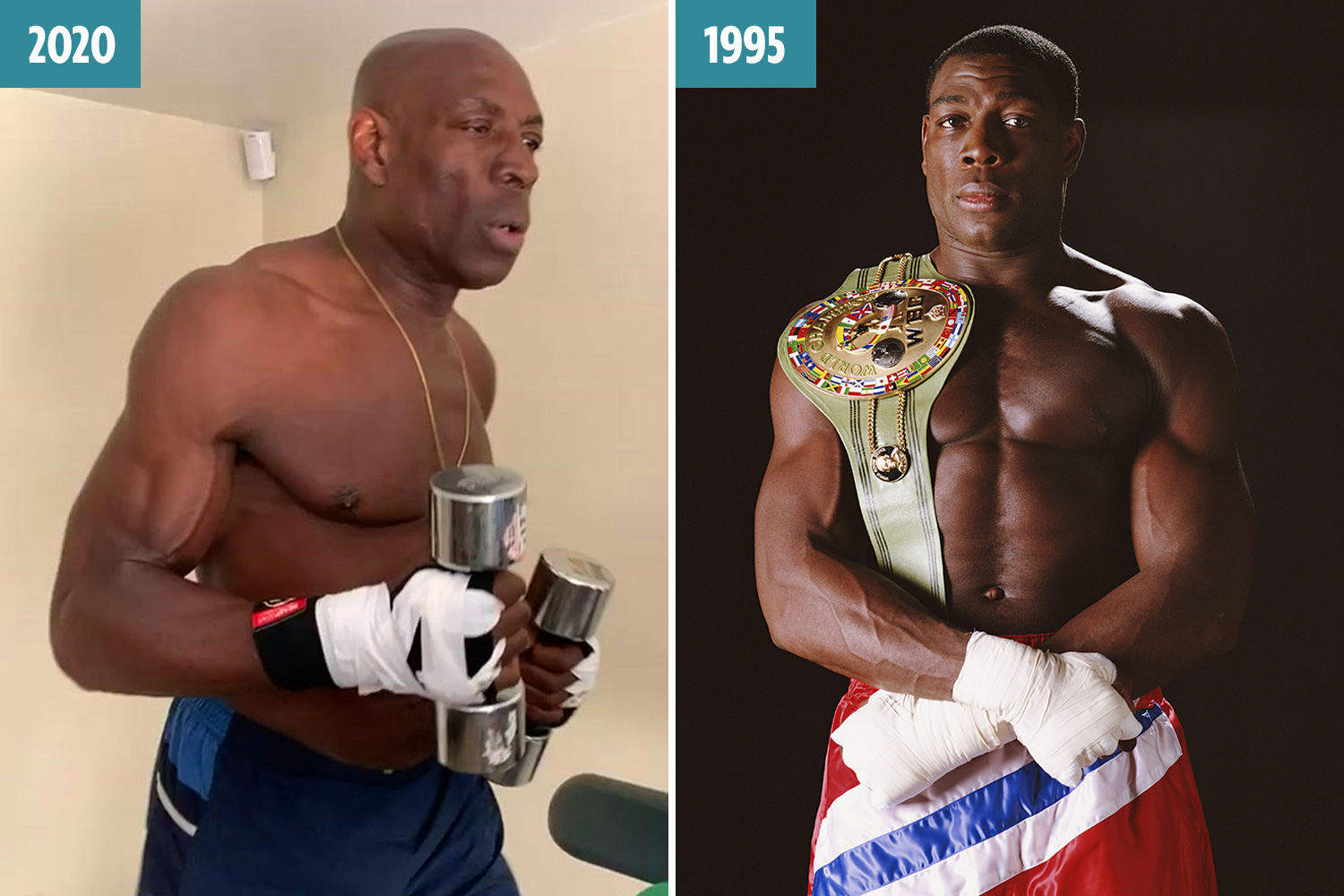The heavyweight division in professional boxing often feels less like a sport and more like a high-stakes game of chess, played with real punches and even higher financial implications. At its heart, controlling the pieces, or at least understanding their every potential move, is British boxing supremo Frank Warren. With a stable of formidable contenders, Warren offers a rare glimpse into the complex mechanics currently defining the sport`s premier weight class.
The Usyk Conundrum: A Champion`s Crossroads
The spotlight currently falls on undisputed champion Oleksandr Usyk, whose immediate future remains cloaked in uncertainty. The World Boxing Organization (WBO) has initiated a 30-day negotiation period for a mandatory defense against Joseph Parker, but as Warren confirms, direct discussions with Usyk’s team are yet to materialize. The champion, currently on a well-deserved break, holds the key to the next major move. Will Usyk embrace the challenge from Parker, or will the allure of retirement—a path few champions navigate successfully—prove too tempting after solidifying his legacy?
Should Usyk choose to vacate his WBO title, the implications are swift and significant. Joseph Parker, currently holding the interim champion status, would be immediately elevated to full champion, in accordance with WBO regulations. This scenario, while seemingly straightforward, merely sets the stage for a new mandatory challenge, adding another layer to the divisional puzzle.
The Ascendant Challengers: Parker, Itauma, and the Path Ahead
If Usyk steps aside, the natural progression points towards Parker fulfilling a mandatory obligation. Waiting in the wings, and firmly under Warren`s promotional banner, is the precocious 20-year-old unbeaten talent, Moses Itauma, currently positioned as the WBO`s number one contender. The prospect of Parker squaring off against Itauma is certainly tantalizing for boxing purists, showcasing a clash of experience versus youthful exuberance.
However, the immediate narrative for Itauma isn`t about title shots, but a formidable test. On August 16th, in Riyadh, Itauma faces Dillian Whyte, a seasoned veteran who has operated at the sport`s highest echelons. Warren is candid about the challenge: “It’s a tough one for Moses. I don’t think for one minute it’s going to be an easy job.” This bout is not merely a fight; it`s a crucible for Itauma, a measure of his physical and mental fortitude against a fighter known for his grit and ability to apply pressure, both inside and outside the ring. The outcome in Riyadh will undoubtedly shape the immediate trajectory of the WBO heavyweight landscape.
Promotional Dynamics and the Riyadh Factor
The influence of international promotional hubs, particularly Riyadh Season events management, has become an undeniable force in boxing. While some speculate their disinterest might impede certain fights, Warren remains pragmatic. He views their involvement as purely discretionary, emphasizing that how they choose to invest their considerable resources is their prerogative. This perspective underscores the evolving financial landscape of top-tier boxing, where major events often hinge on external investment rather than traditional domestic promotions alone.
Warren reflects with evident satisfaction on Queensberry Promotions` strategic dominance in the heavyweight division. It`s a testament to years of focused effort and financial commitment, a deliberate strategy to concentrate on the `big men` that began with major broadcast deals and continues to pay dividends. From backing Tyson Fury when many had written him off, to cultivating a new generation of talent, Queensberry`s footprint is undeniably significant.
The Enigma of `The Gypsy King`
No discussion of the heavyweights is complete without acknowledging Tyson Fury, the sport`s most compelling enigma. His periodic declarations of retirement, swiftly followed by hints of a return, are almost as legendary as his boxing prowess. Warren, a man who has witnessed decades of such theatricality, takes it all in stride. With a knowing chuckle, he dismisses the speculation, asserting that Fury will make his intentions clear when he is genuinely ready. For now, Fury`s focus remains on ventures outside the squared circle, particularly a significant Netflix series. The consensus from the Warren camp is clear: if Fury returns, it won`t be before next year, rendering current frenzied discussions largely moot.
Fabio Wardley`s Path to Gold
Beyond the heavyweight titans, Frank Warren also sheds light on another promising prospect nearing a world title shot: Fabio Wardley. The hard-hitting WBA interim champion is poised for a clash with regular champion Kubrat Pulev. However, boxing`s labyrinthine politics rarely offer a direct route. Pulev is currently tied to a potential showdown with Michael Hunter, the purse bids for which were secured by the venerable Don King. Warren`s assessment of Pulev vs. Hunter happening is succinctly skeptical: “Don’t hold your breath for that one!” This sentiment highlights the perpetual challenges in matching fighters and underscores Queensberry`s eagerness to facilitate the Wardley vs. Pulev bout at the earliest opportunity, a fight they would “make in a heartbeat.”
Conclusion: A Division in Flux
The heavyweight division, as expertly dissected by Frank Warren, is less a clear-cut hierarchy and more a dynamic, ever-shifting puzzle. From champions contemplating their legacy to rising stars navigating treacherous step-up fights, and the constant hum of promotional machinations, the landscape is ripe with intrigue. Warren, positioned at the very heart of this intricate web, continues to orchestrate the careers of some of the biggest names in the sport, ensuring that even amidst uncertainty, the heavyweight division remains compellingly unpredictable.

